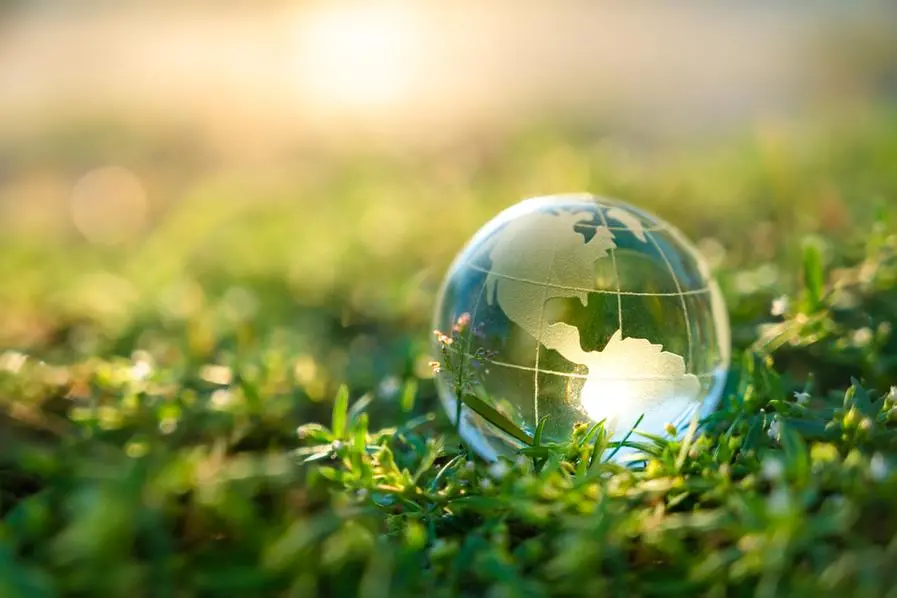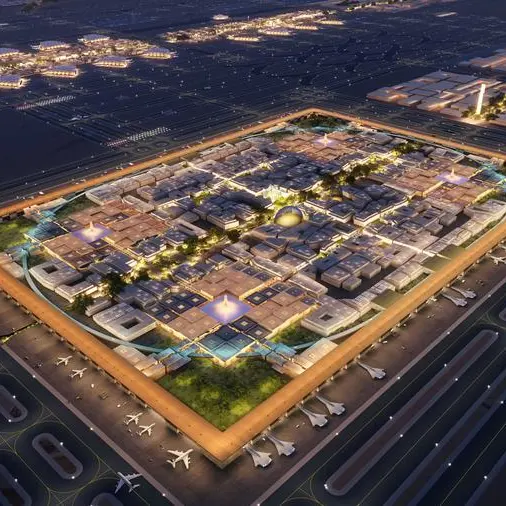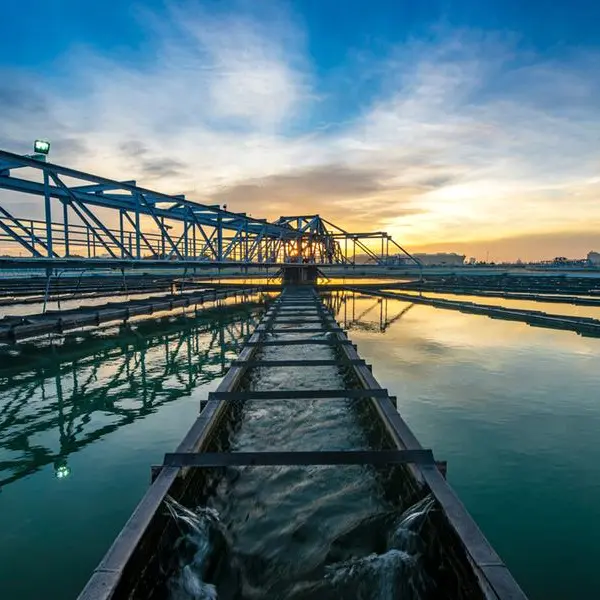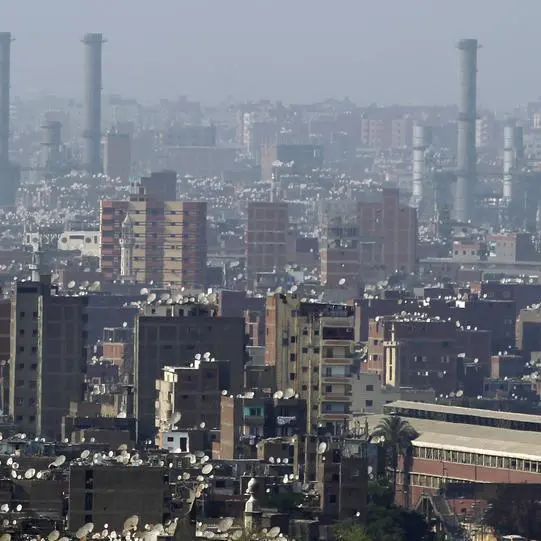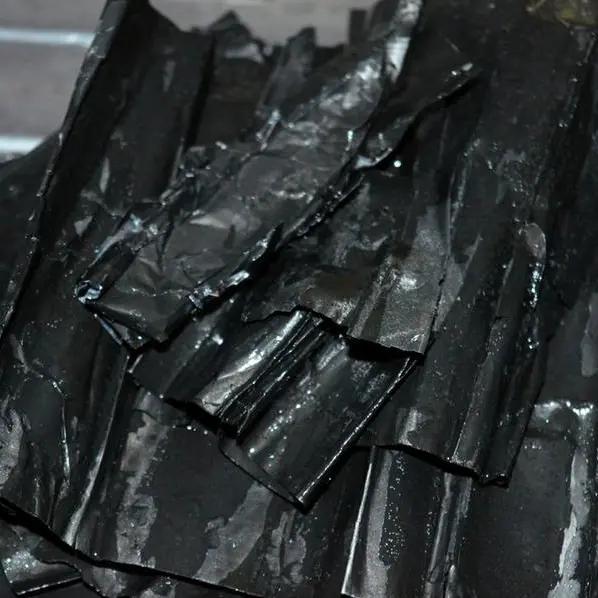PHOTO
Governments are looking at ways to use carbon credits to promote clean energy technologies in the developing world, according to International Energy Forum (IEF) Secretary General Joseph McMonigle.
Governments in emerging markets, particularly energy producers, have embraced carbon credits, he told the S&P Global Carbon Markets Conference in Barcelona.
Saudi Arabia, for example, held its first auction in October 2022, selling 1.4 million tonnes of high-quality, CORSIA-compliant and Verra-registered carbon credits.
Elsewhere in the Middle East, Abu Dhabi Global Market and AirCarbon Exchange are setting up a voluntary carbon market based in the UAE capital, aiming to launch in January.
A carbon credit is a permit that allows a country or organisation to produce a certain amount of carbon emissions, which can be traded if the full allowance is not used. They come from four categories: avoided nature loss, including deforestation; nature-based sequestration, such as reforestation; avoidance or reduction of emissions, such as methane from landfills; and technology-based removal of carbon dioxide from the atmosphere like carbon capture, utilisation and storage
McMonigle stated that carbon credits could significantly contribute to achieving net zero by 2050, but only if participants address issues over limited supply and integrity.
He added that trade in voluntary carbon credits could grow 100-fold by 2050 if teething problems are addressed.
The Taskforce on Scaling Voluntary Carbon Markets estimates that demand for carbon credits could increase by a factor of 15 or more by 2030 and by a factor of up to 100 by 2050.
"It is critical that purchasing a carbon credit can be trusted to bring a real reduction in CO2 emissions," McMonigle said.
"The market today lacks transparency, and there is a lack of data on how money is spent. The world will need a voluntary carbon market that is large, transparent, verifiable, and environmentally robust."
In March 2022, Zawya Projects had reported that MENA’s only carbon market, based in Qatar, is anticipating exponential growth.
The second issue is the supply of credits.
The development of projects would have to ramp up at an unprecedented rate," McMonigle said, adding that most of the potential supply of avoided nature loss and of nature-based sequestration is concentrated in a small number of countries.
"Differences relate to the deadline for transferring emissions reduction projects listed under the Clean Development Mechanism to the new registry, the procedure for moving credits between countries, and the conditions for mandatory cancellations of credits," the IEF official said.
Read:
Climate advisory firm EnKing aims high in the Middle East
(Writing by P Deol; Editing by Anoop Menon)
